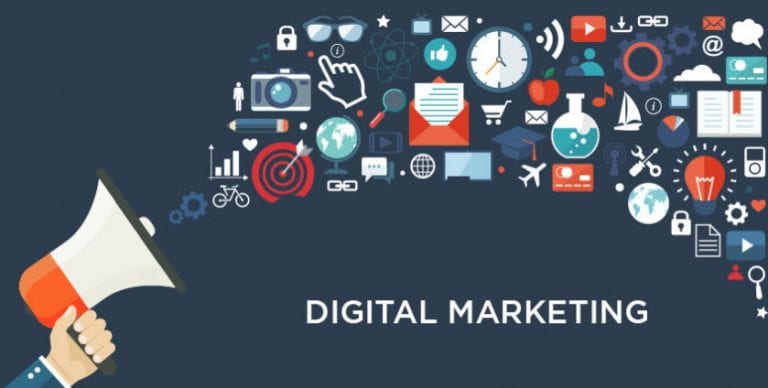
Let’s face it, Digital Marketing can be a confusing topic, and there’s a lot of information and opinions out there about it. One thing is for sure though … it’s akin to aiming at a moving target. Search engines change their ranking algorithms nearly every day, and they make it a point to keep it all shrouded in secrecy.
Hopefully the FAQs below will help take some of the mystery out of it for you.

Having a strategy for your digital brand footprint and driving prospective clients to your brand messages is critical in being seen as more than a commodity service. It is great that we are all wonderful story tellers of our brand and firm ideals, but if no one is reading the story, then why bother? We are beyond the time of the digital brochure. If your website, social media platforms, and email marketing strategies are ready to be aligned and put to work, then you need a Digital Marketing Plan.
SEO is an acronym for Search Engine Optimization. It involves techniques that help your website become more visible in ORGANIC (non-paid) search results when people search for your product, service or brand using search engines like Google, DuckDuckGo, Yahoo!, Bing, etc. These results are based on how the ranking algorithms of each search engine interpret the content and code of your website.
SEM is an acronym for Search Engine Marketing. SEM encompasses all of the techniques and strategies used with SEO (organic/non-paid) and PPC (inorganic/paid) to get your website found more easily when people search for your product, service or brand using search engines like Google, DuckDuckGo, Yahoo!, Bing, etc.
PPC is an acronym for Pay Per Click. This involves techniques that help your website become more visible in INORGANIC (paid) search results when people search for your product, service or brand using search engines like Google, DuckDuckGo, Yahoo!, Bing, etc. These results are based on an advertising budget set by you, targeting certain keywords and bumping your website to the top of the search results.
Keywords are the words and phrases that your potential customers will type into their search engine of choice to find what they’re looking for. They are typically two to five words in length. It’s vitally important to incorporate these keywords and phrases into the content and code of your website as these are what search engines will “crawl” and index into their databases for organic searches. Additionally, for a PPC campaign these are the specific keywords and phrases that you want to trigger a match which if clicked, you’ll pay for. So selecting the right keywords becomes crucial.
Schedule a Chat with Me
Copyright @ 2020 - Flesher Marketing Infrastructures